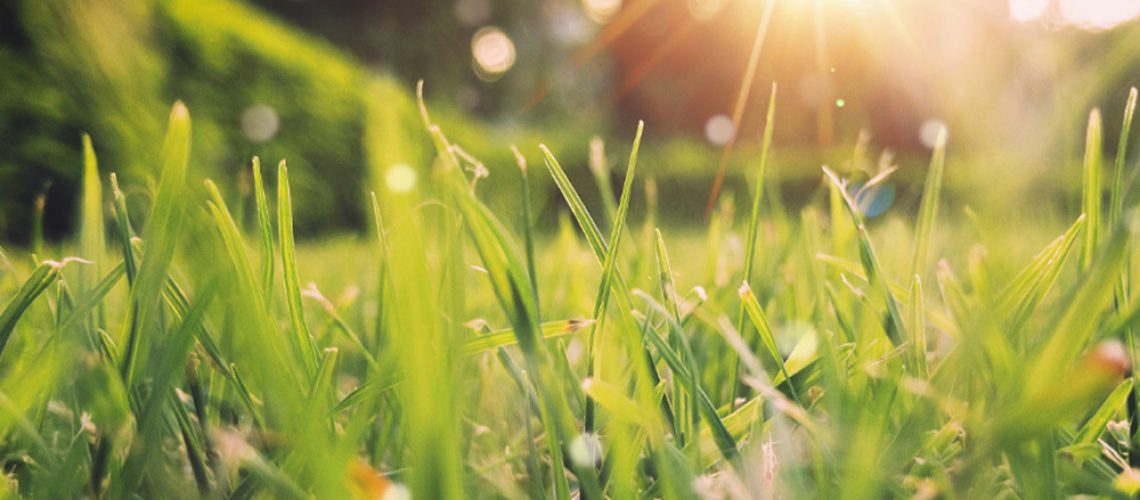After spending a long, cold winter indoors, when the first blooms start to appear and the snow starts to melt most of us are eager to get started with the annual spring cleaning. Getting this done as early as possible will leave you free to enjoy the freshness of spring. To help you get started here are a few ideas on how to make this year’s spring cleaning routine more eco-friendly.
- Change to cleaning products that are biodegradable and non-toxic
Before you buy a cleaning product, check the label to make sure it doesn’t contain toxic chemicals. Look for something that’s been certified by an independent authority as ‘green’ and is made from completely natural ingredients.
An even better idea is to make your own. If you e.g. have stainless steel or chrome in your kitchen, it’s easy to keep it spotless with…wait for it….a bit of baking soda or salt and half a lemon. Simply sprinkle the former over the exposed lemon halve and use it to scour the metal. Then rinse it and buff it.
- Replace paper towels with reusable rags
When the current batch of paper towels is finished, replace them with reusable, washable cloth. Either buy cheap ones in the store or make your own. It’s really not that hard. Cloth diapers and old t-shirts make great dust rags – and so do old towels and washcloths.
- Get rid of mold naturally
Stubborn mildew or mold in, for example, your bathroom might frustrate you enough to want to use the harshest possible cleaner. But would you still do that if you knew that the problem can be solved with a few squirts of vinegar? Simply spray it on and let it stand for a couple of hours before you scrub it off. An alternative is to make a paste by adding some water to baking soda and then applying it to the problem area.
- Replace commercial air fresheners with something less polluting
We get it: once the annual spring cleaning draws to an end the house might smell of chemicals and cleaners. So you go out and buy the biggest can of commercial air freshener you can find, right? Not so quick. These air fresheners contain synthetic chemicals that could be harmful to you and your family.
Just a small amount of organic essential oils in reed diffusers will bring wonderful aromas to every room in your home without any risk to you or the environment. Hint: placing a cloth that has been soaked in lavender oil near an open window or door will keep the bugs out. They hate the smell!
- Change how you deal with expired food
When you get to organizing and cleaning the pantry, make a point of checking all expiration dates. Food that’s too old to eat can always be used as compost. And tinned foods that are approaching their expiry dates can still be donated to your nearest shelter. This way you help others while making sure you’re not adding to the local landfill.
- Do something small to make your home more energy-efficient
The annual spring cleaning is a great time to take note of areas in the home where you are not using energy efficiently. If you are still using incandescent light bulbs, for example, replace them with LEDs or CFLs. Make sure all the air ducts are clean. And check that electrical appliances are not plugged into outlets when they’re not in use for a long time. And every year, ask yourself the hard question: Why haven’t I switched to solar power yet?
Sources:
https://www.countryliving.com/uk/homes-interiors/interiors/a30605950/spring-cleaning-eco-friendly/
https://www.thegoodtrade.com/features/eco-friendly-ideas-for-spring-cleaning
https://www.planetaid.org/blog/10-eco-friendly-spring-cleaning-ideas


